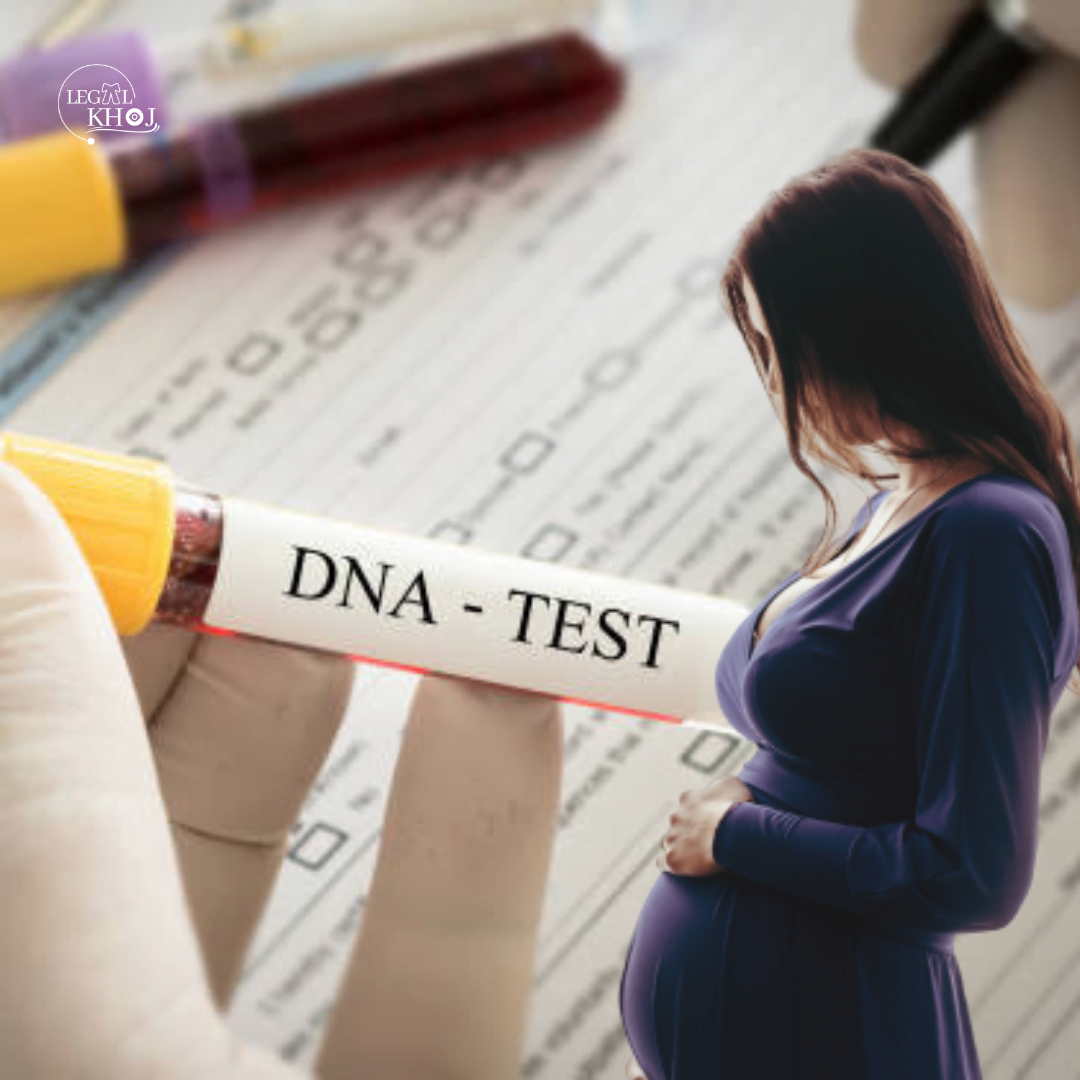Bombay High Court acted a decision concerning the inconclusive DNA test results for a child born to a rape victim
The Bombay High Court, in its judgment, underscored the significance of prioritizing the welfare of the child. The circumstances revolved around a girl who had delivered a child following an alleged rape and subsequently surrendered the infant.
The Bombay High Court decision sheds light on the delicate balance required in legal proceedings involving victims of sexual assault, children born as a result, and the broader implications for their well-being.
The legal narrative unfolds as follows: the Bombay High Court, faced with the inconclusive DNA test results, made a poignant declaration affirming the paramount importance of the child’s welfare. This decision was reached in a case involving an accused person, accused of raping a girl who was just 17 years old. The presiding judge in this matter, Justice Govinda Ananda Sanap, delivered a single-bench decision that included the granting of bail to the accused, accompanied by a noteworthy commentary on the welfare of the child in question.
The legal proceedings were initiated based on the girl’s pregnancy following the alleged rape, with the police presenting this information to the court. In response, the court probed the police on whether a DNA test had been conducted for the child. The police elucidated that post-delivery, the girl had taken the decision to hand over the child to an adoption agency, resulting in someone adopting the child born out of the traumatic incident.
What makes this DNA test case particularly complex is the lack of information provided by the adoption agency about the adoptive parents of the child. Despite this, the High Court expressed approval for the agency’s actions, deeming them entirely appropriate in the given circumstances. The court went on to assert that, given the adoption of the child, subjecting them to a DNA test would not be in the best interest of the child’s present and future.
In a separate legal matter, a parallel narrative unfolded involving an accused individual facing charges of rape under the Protection of Children from Sexual Offences (POCSO) Act. This case involved the arrest of the accused by the Oshiwara police in Maharashtra in 2020. The victim, in this instance, alleged that the accused had coerced her into a physical relationship, resulting in her pregnancy.
However, the accused adopted a unique defense during the court proceedings, claiming that the physical relationship was consensual. This claim was rejected by Justice Sanap, who unequivocally stated, “We cannot accept that there was a consensual relationship based on the victim’s agreement.”

Despite the gravity of the charges, the Bombay High Court, when granting bail to the accused, emphasized the lack of necessity to extend the sentence. The court highlighted that, although the police had filed a charge sheet against the accused, the special court had not conclusively determined the charges. Considering that the accused had already spent a substantial period, specifically two years and ten months, in detention, the court deemed further incarceration unnecessary.
This comprehensive legal scenario highlights the multifaceted nature of judicial considerations in cases involving sexual offenses, adoption, and the well-being of those involved. The courts, as illustrated by these decisions, grapple with the delicate task of balancing the rights and interests of victims, accused individuals, and children born as a result of such incidents.
The High Court decisions reflect a commitment to upholding justice while navigating the intricacies inherent in each DNA test case. The nuanced legal commentary not only addresses the specific circumstances of these cases but also contributes to the broader discourse on legal and ethical considerations surrounding sexual offenses and the welfare of children born in challenging circumstances.
In conclusion DNA test for rape victim child
the legal landscape presented in these cases underscores the imperative for the legal system to consider the holistic welfare of individuals involved, particularly in DNA test cases where the implications extend to innocent children. The judiciary’s role in these matters is crucial, requiring a careful examination of the circumstances, legal nuances, and the broader ethical dimensions involved in ensuring justice and the well-being of all parties concerned.
Must Read:- MRP Raise 10% Yearly for Non-Scheduled Medicines Delhi High Court Say it’s Not Necessary









Leave a Reply